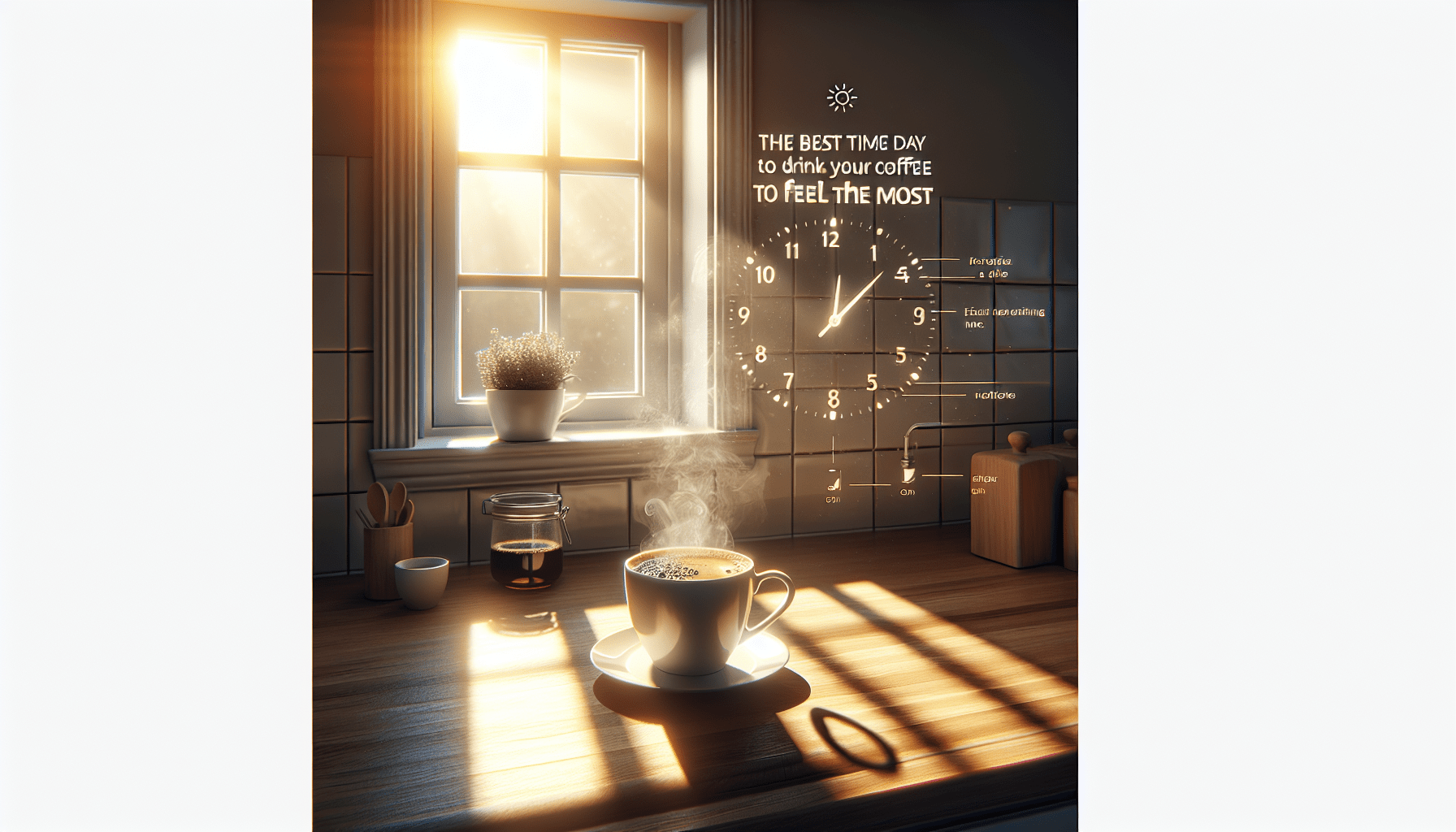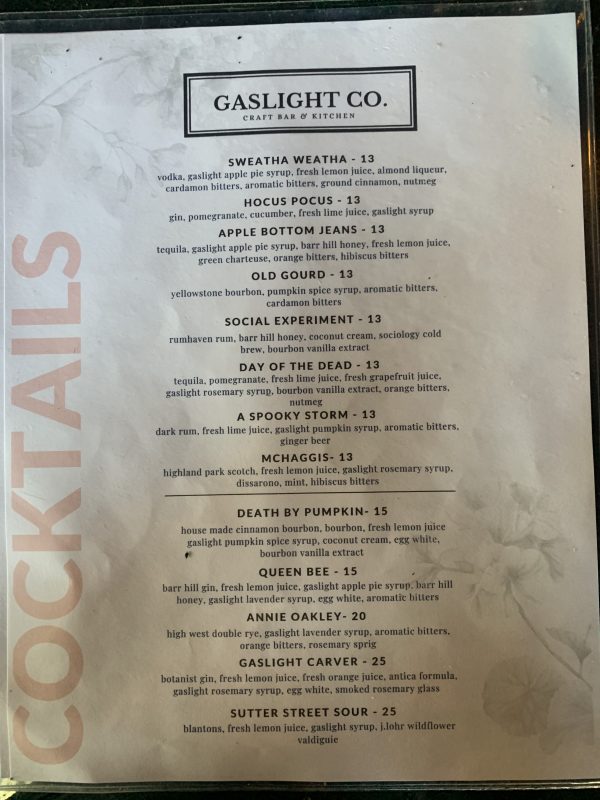SY COMPACT Travel Umbrella Windproof Automatic Umbrellas-Factory Outlet umbrella
$9.59 (as of April 24, 2025 06:56 GMT +00:00 - More info)Do you ever wonder if there’s an ideal time to drink your coffee to maximize its effects? You’re not alone. While it’s tempting to grab that first cup as soon as your eyes open, research suggests there might be a more effective strategy.

Get an Official Zagat Restaurant Guide
Understanding Cortisol Levels in the Morning
Cortisol, often dubbed the “stress hormone,” plays a significant role in your body’s response to waking up. According to the International Journal of Environmental Research and Public Health, your cortisol levels peak between 7 and 8 a.m. This natural surge helps you feel alert and ready to start the day. Combining this with coffee’s caffeine can potentially lead to an excessive cortisol spike, giving you an over-the-top jittery feeling instead of a smooth, productive energy boost.
The Correlation Between Caffeine and Cortisol
Caffeine is a well-known stimulant that increases cortisol levels. If you consume caffeine during the natural peak of cortisol, that extra jolt can be counterproductive. Instead of enhancing your alertness, it may simply overload your system, reducing the added benefits you get from your coffee.
Making Better Use of Your Caffeine
By waiting until your cortisol levels start to dip, which typically happens about an hour after you wake up, you can make better use of the caffeine’s effects. This timing leads to a more balanced and sustained level of alertness.
Beyond Cortisol: Other Reasons to Delay Your Morning Coffee
Extending Caffeine’s Benefits
Caffeine has a half-life of about four to six hours, meaning its effects will last that long in your system. If you consume your coffee later in the morning, say around 9 or 10 a.m., you’ll remain alert well into the early afternoon, aligning better with typical workday demands.
Enhancing Your Morning Routine
Starting your day with a solid breakfast instead of rushing to the coffee maker can have numerous benefits. Breakfast provides necessary nutrients that set a balanced foundation for your day. Drinking coffee on an empty stomach can lead to acid reflux and general discomfort due to increased bile production. Eating first can mitigate these issues.
Boosting Energy Naturally
Simple actions like getting some morning sunlight can increase your cortisol levels effectively. According to The Journal of Clinical Endocrinology & Metabolism, morning light exposure can help sync your body’s natural rhythms, boosting your alertness without the immediate need for caffeine.

Get an Official Zagat Restaurant Guide
Breaking Down Optimal Coffee Times
Mid-Morning Coffee
Around 9:30 to 11:30 a.m. seems to be an optimal window for most people. By this time, your natural cortisol levels have dipped from their morning peak, and you can maximize the benefits of caffeine without overwhelming your system.
Post-Lunch Pick-Me-Up
A coffee around 1:30 to 3:30 p.m. can serve as an effective pick-me-up, especially if you experience the post-lunch slump. This timing helps you sustain alertness through the end of your workday without interfering too much with your evening sleep.
Avoiding Late-Afternoon Coffee
While an afternoon coffee can be tempting, late-afternoon caffeine intake can interfere with your sleep quality. Aim to avoid coffee after 4 p.m. unless you absolutely need it.
| Time of Day | Coffee Consumption Benefit |
|---|---|
| 7:00 – 8:00 a.m. | Peak cortisol; unnecessary extra caffeine jolt |
| 9:00 – 10:00 a.m. | Lower cortisol; maximal caffeine effectiveness |
| 1:30 – 3:30 p.m. | Energy boost for afternoon productivity |
| After 4:00 p.m. | Risk of sleep disruption |
Additional Tips for Maximizing Coffee Benefits
Quality Over Quantity
Choose high-quality coffee beans for a richer, more satisfying experience. The quality of your coffee can make a significant difference in both flavor and benefits.
Mindful Drinking
Consider drinking your coffee slowly and mindfully. This practice allows you to savor the flavors while potentially mitigating the jitters that come from a quick caffeine rush.
Experimenting with Timing
Individual bodies respond differently to caffeine. Track your own responses over several days to find the most beneficial times for you. Note any variations in energy levels, productivity, and overall feeling.
The Social Aspect of Coffee
Sharing Coffee Moments
Drinking coffee is often more than just a personal ritual. It has social aspects that can impact your day positively. Scheduling coffee breaks with colleagues or friends can offer a welcome mental break and foster social connections.
Cultural Variations
Different cultures have unique coffee-drinking traditions. Embrace these practices to enrich your routine and perhaps discover new ways to enjoy your coffee.
Conclusion: Personalized Coffee Timing
To sum up, the best time of day to drink your coffee varies but generally is after your natural cortisol levels have dipped. Around 9 to 10 a.m. might be the sweet spot for maximizing its effects. Pay attention to how your body responds to different timings and tweak your routine to suit your needs. Whether you’re aiming for a morning boost or an afternoon lift, caffeine can be a powerful ally when used thoughtfully.
Remember, it’s not just about drinking coffee; it’s about making it work for you in the best way possible. Enjoy your next cup with newfound knowledge and a sense of timing that’s tailor-made for your unique daily rhythm.
Get an Official Zagat Restaurant Guide






